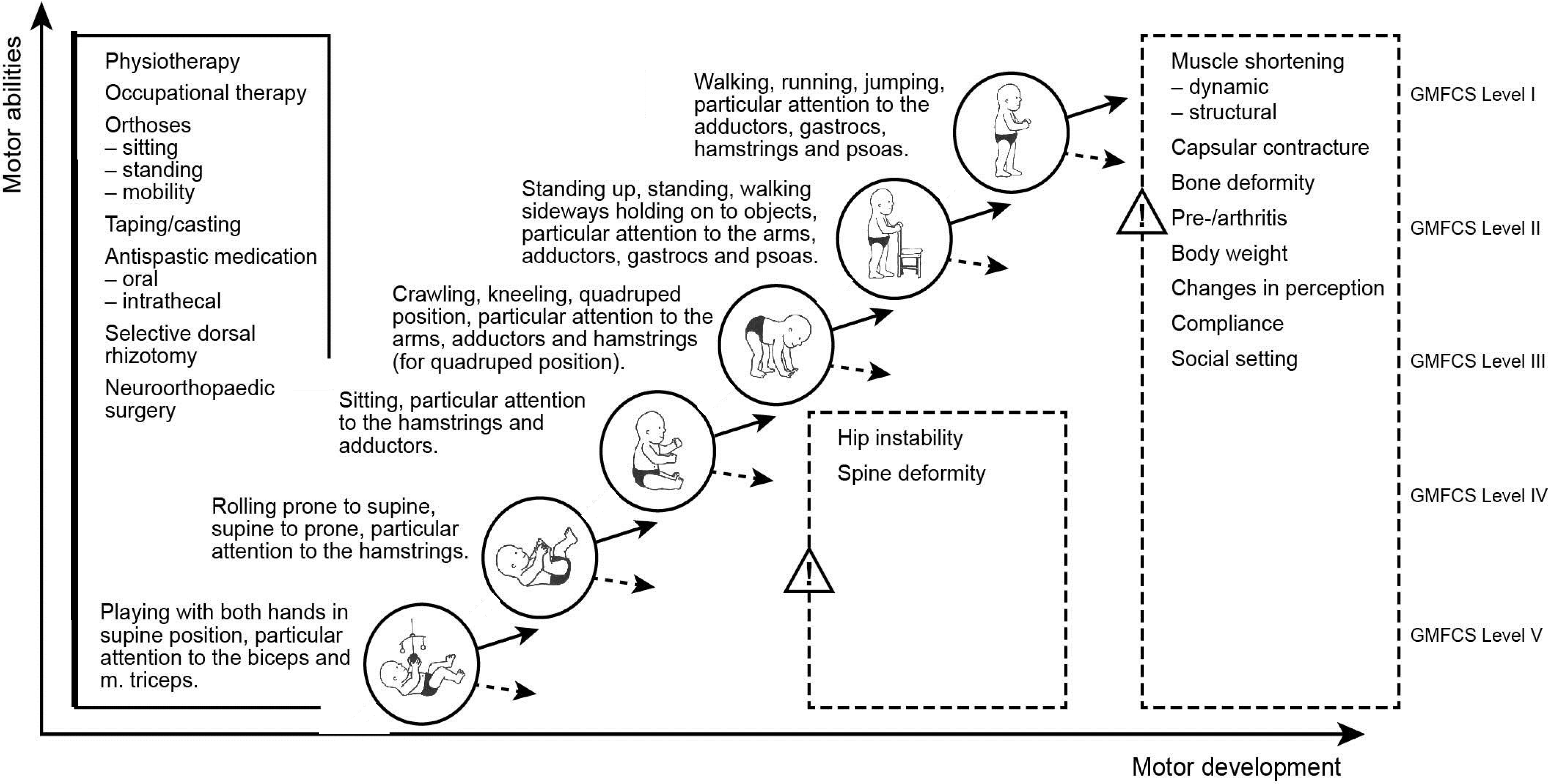Vinson Particles Serial Killer
The Apocalyptics: Cancer and the Big Lie. By Edith Efron. Simon & Schuster. Among the many remarkable qualities of this book about cancer science is the back of the dust jacket.
Justice Department mediator met today with community members and family of two men killed in Akron. Control 4 Composer Pro Software Download. My husband and I have been on a documentary kick lately so I'm branding myself as the newest expert on inspirational documentaries. We've only watched what's available on Netflix, so I'm sure there may be some more out there, but these definitely stuck wi.

It is not unusual to find in this space highly favorable comments by distinguished readers who have seen a book before its publication, and Miss Efron’s book is no exception: “A sensation... Displays a dazzling technical mastery of the field that I would not expect of anyone but a professional cancer scientist....” “A masterful work. It is difficult to believe that anyone (layperson or professional) could organize and interpret the literature on this subject so logically and present it so thoughtfully....” And so forth. Yet in my experience it is without precedent that such comments should be made, as they are here, anonymously. Miss Efron’s pre-publication reviewers are identified on the jacket not by name but only by professional specialty. When we turn to her preface we learn the reason for this, and it is an extraordinary one. Although a number of scientific reviewers were willing to speak publicly and favorably about Miss Efron’s survey of the basic science behind the cancer problem, none who reviewed her devastating conclusions about the way this science has been applied was willing to have his name attached to his opinion.
To do so, they said, would turn them into professional pariahs and damage or perhaps even destroy their careers. So Miss Efron has been led to a remarkable expedient: she has deposited copies of their signed reviews both with her publisher and with several academics serving, so to speak, as men of honor; for her readers she contents herself with describing their professional qualifications. This prologue to the tale she tells in her book proper is, in its own way, further evidence of the collapse of the scientific method in the United States.
Proceeding to treat her main theme—the politicizing of cancer prevention—Miss Efron traces two interrelated chains of development. The first is the growth of the now widespread belief that nature is benevolent, human artifice malevolent. This notion, given its original currency by Rachel Carson, was sped along by Barry Commoner and taken up by dozens of emulators; in its present received version, it contends that human artifice is at its most vicious when embodied in the work of large corporations. The second chain is itself made up of two strands: one is the process by which scientists have been striving to learn the causes of cancer; the other is the process by which the federal government has used the findings of these scientists to control the activities of business and industry. Miss Efron calls the first process basic science, the second regulatory science, a term she invests with more than a touch of the oxymoronic.